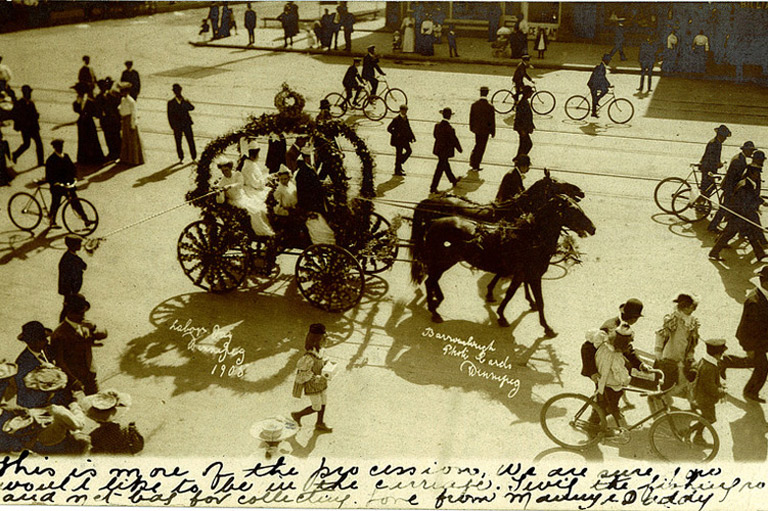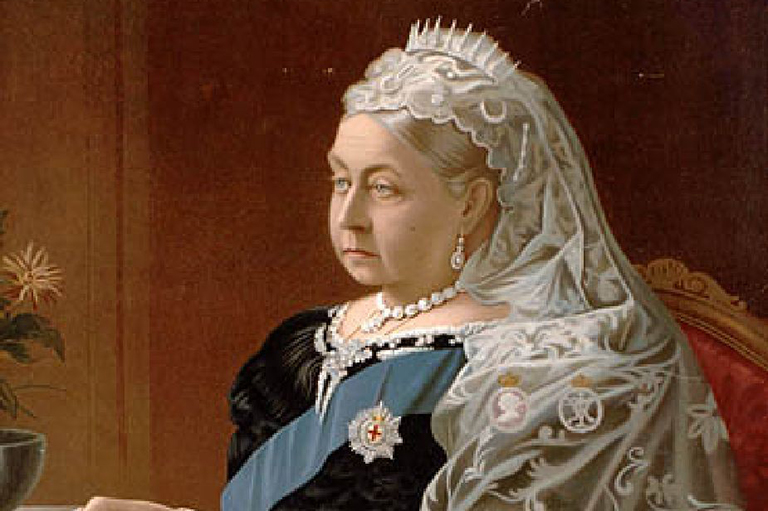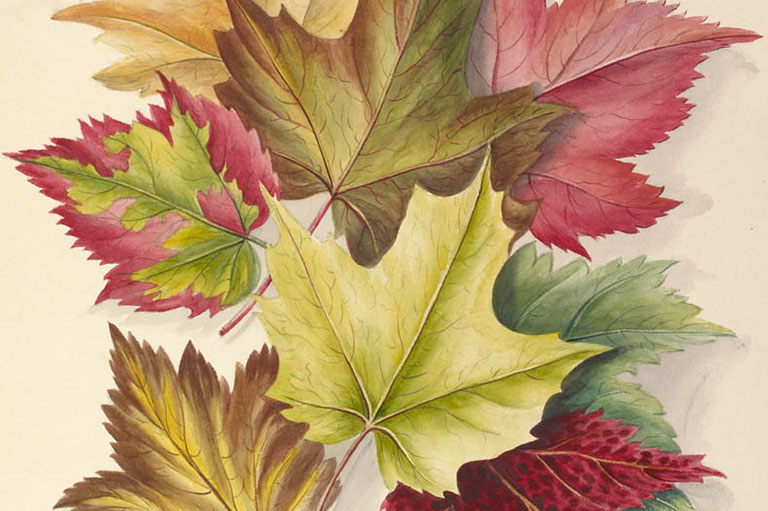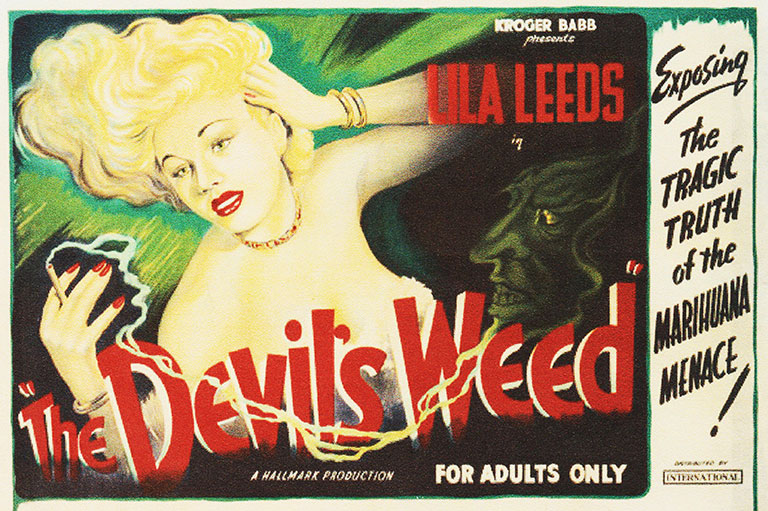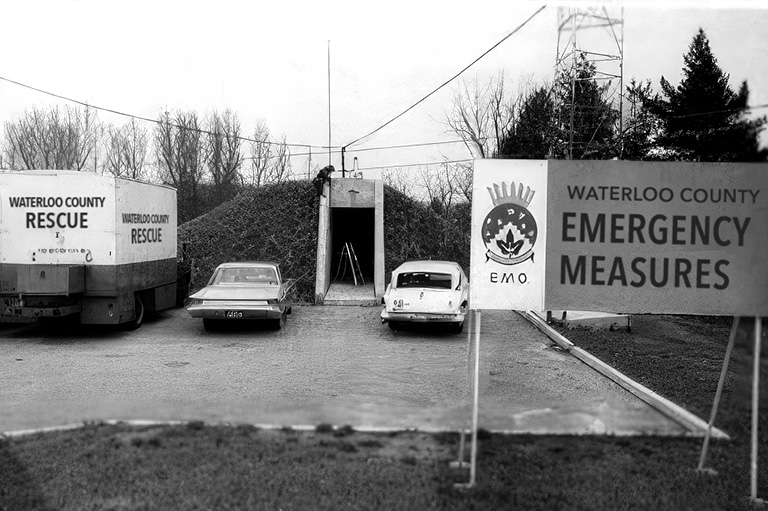Saint-Jean Baptiste Day: A well-known but obscure holiday
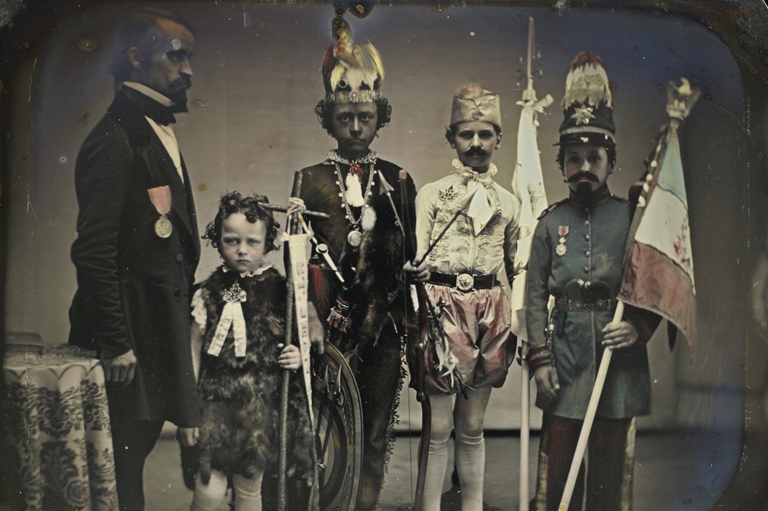
When I was given the opportunity to write this article, I focused my interest on both the celebrations surrounding the June 24 holiday and on what the event—the observance of Saint-Jean-Baptiste Day—represents to those around me. Temporarily swapping my historian’s cap for that of a journalist, I asked several people I know—all of whom live in the Quebec City region—what this date, this holiday, meant to them.
To my great surprise, I got the same answer from the ten or so people I surveyed: “It’s Quebec’s holiday/the holiday of Quebecers.” They were visibly astonished when I told them that Saint-Jean-Baptiste Day is a holiday much older than Quebec itself, one whose significance is much broader in scope than its modern interpretation in Quebec.
To better understand the origin of Saint-Jean-Baptiste Day, we need to look more closely at its place on the calendar, that is to say in the days surrounding the summer solstice.
Some of the world’s earliest civilizations had long considered this period of the year—during which the days are at their longest—to be significant, a time of celebration marking the return of abundance in the Northern hemisphere. Several ancient peoples, such as the Babylonians and the Celts, would invoke a deity associated with the harvest to ask for a good crop at the end of the summer season.
In the Judeo-Christian tradition, the summer solstice is directly related to John the Baptist, a Jewish preacher who—as recounted in the Gospel according to Luke—baptized Jesus of Nazareth, his cousin. John was born around the time of the summer solstice, which serves as a counterbalance to Jesus’s birthday—Christmas—close to the winter solstice.
Evidence of the observance of Saint John the Baptist’s birth is seen very early on in Western history—beginning around the 6th century. The celebration was essentially a religious one at the time, but also included bonfires and festive meals after a day of fasting.
Saint John the Baptist Day underwent a marked development from the past to the present day. With the Vatican declaring the Nativity of John the Baptist a solemnity in 1969, June 24 is now one of the most important celebrations of the liturgical year, and the event is observed in Belgium, France, Spain, Italy, Denmark, Portugal and, of course, Canada.
French colonists immigrating to the New World in the 17th century brought the tradition of Saint John the Baptist Day with them. The earliest evidence dates back to 1606, prior to the founding of Quebec City.
Colonists making their way to Acadia stopped on the shores of present-day Newfoundland on June 23 and celebrated the birth of Saint John the Baptist. More evidence can be found in the Jesuits’ Relation, which mentions the festivities organized by the governor at the time, Charles Huot de Montmagny.
After the British conquest, and especially in the 19th century, Saint-Jean-Baptiste Day retained its religious nature, but also became more politicized. French-speaking Canadian Catholics used the occasion of June 24 to assert their identity, in opposition to English-speaking Canadian Protestants and Anglicans.
In 1837-1838, when social tensions were at their peak, a military crackdown on the Patriotes prevented any celebration of the holiday. This situation lasted until 1842, when Saint-Jean-Baptiste Day was started up again, featuring both traditional bonfires and something new: a religious procession—the precursor to our present-day parade.
In 1880, the song O Canada—now Canada’s national anthem—was sung in Quebec and instantly became popular.
The Quiet Revolution brought about a number of significant changes in Canada, and the celebration of Saint-Jean-Baptiste Day was not spared. The younger generation rid the holiday of its religious aspects in favour of political statements, as the Quebec sovereignist movement gained momentum.
This trend was confirmed by the election of René Lévesque as premier of Quebec in 1977. He declared June 24 to be Quebec’s National Holiday, but the name Saint-Jean-Baptiste remained to describe the celebrations. By extension, in Quebec, the terms French Canadian and Québécois became one and the same, as initiated by Maurice Duplessis, premier of Quebec in the 1950s.
With 7 uniquely curated newsletters to choose from, we have something for everyone.
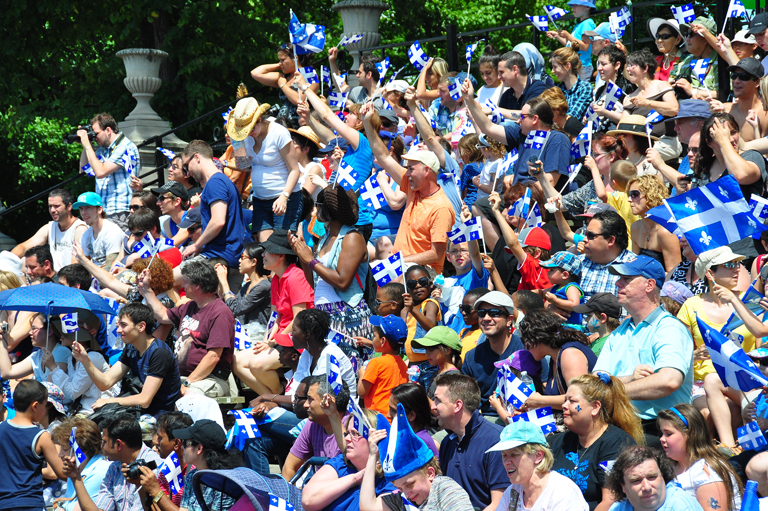
French Canadians outside of Quebec then began withdrawing from Saint-Jean-Baptiste Day celebrations in Quebec. Yet, the Nativity of Saint John the Baptist is celebrated in French-speaking communities throughout Canada.
The Festival franco-ontarien holds one of the most spectacular events, and the Acadians also observe the day, although their National Holiday, on August 15, is generally more widely celebrated.
While the National Holiday is important for Quebec as a province, leaving other French-speaking Canadians out of the celebration would be tantamount to denying our shared French roots, not to mention our culture, forged over centuries of adversity and battles, both armed and rhetorical.
Within Canada’s multicultural society, francophones of French ancestry have a duty to stand together, so that minority French-speaking communities can continue to exist.
We hope you’ll help us continue to share fascinating stories about Canada’s past by making a donation to Canada’s History Society today.
We highlight our nation’s diverse past by telling stories that illuminate the people, places, and events that unite us as Canadians, and by making those stories accessible to everyone through our free online content.
We are a registered charity that depends on contributions from readers like you to share inspiring and informative stories with students and citizens of all ages — award-winning stories written by Canada’s top historians, authors, journalists, and history enthusiasts.
Any amount helps, or better yet, start a monthly donation today. Your support makes all the difference. Thank you!
Themes associated with this article
Advertisement
You might also like...
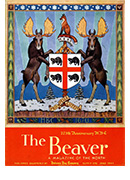
Canada’s History Archive, featuring The Beaver, is now available for your browsing and searching pleasure!

Beautiful woven all-silk necktie — burgundy with small silver beaver images throughout. Made exclusively for Canada's History.

